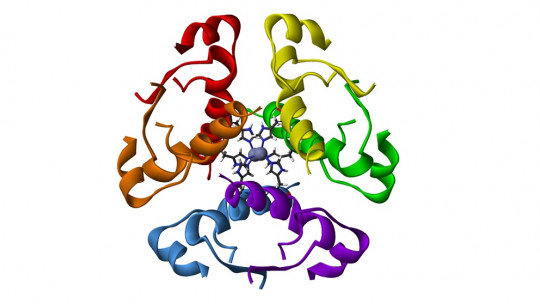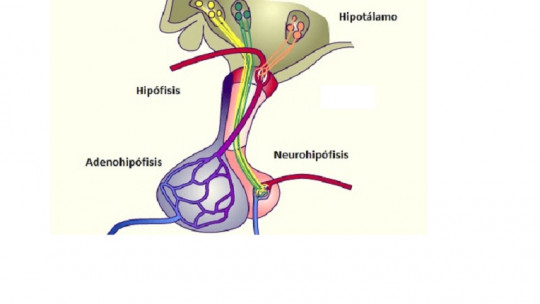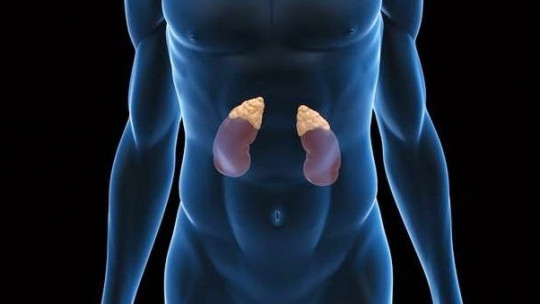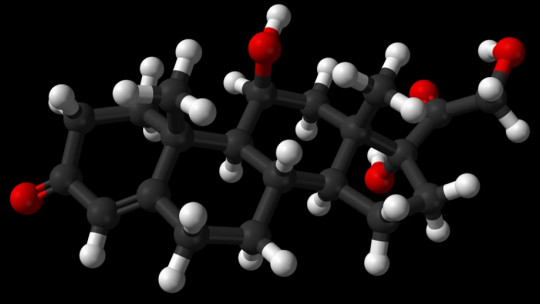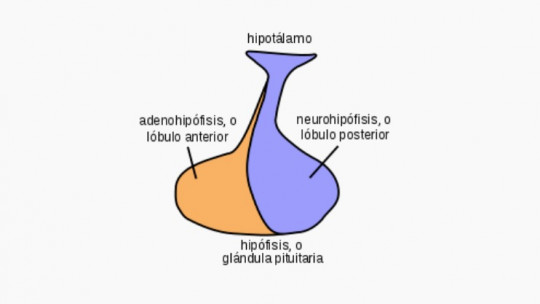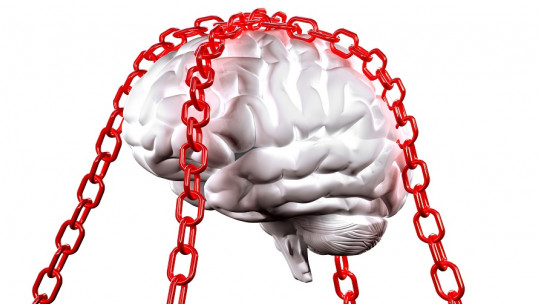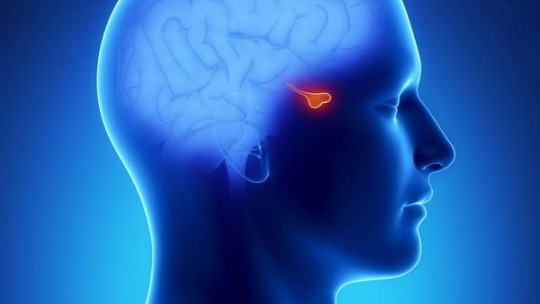
The human body works just like a production line does. To obtain a final result (in this case a physical or bodily response) a series of previous reactions must first occur. For example, when we perceive the symptoms of stress, a series of chain reactions have already occurred inside our body.
One of the agents that make this chain reaction possible is adrenocorticotropic hormone A complex functioning hormone with a multitude of functions that we will talk about throughout this article.
What is adrenocorticotropic hormone?
Also known as ACTH, adrenocorticotropic or corticotropin, this hormone secreted by the pituitary gland is part of the category of tropic polypeptide hormones and although it is mainly related to stress processes and reactions, it is also used as a medicine and diagnostic factor for a large number of organic conditions.
Discovered in 1933 by the American biochemist Evelyn M. Anderson, this hormone has been the subject of countless investigations, due to the large number of functions and effects that it has in the body, as well as its complex way of acting.
At the moment we know that adrenocorticotropic hormone is one of the main agents involved in the functioning of the hypothalamic-pituitary-adrenal axis and its production has traditionally been associated with a biological stress response.
In addition, this hormone has a fundamental role in the regulation and release of other hormones known as steroids. By stimulating the activity of the adrenal and adrenal glands, ACTH promotes the release of hormones such as adrenaline and noradrenaline
However, as we mentioned previously, the main function of the corticotropic hormone is to increase the levels of cortisol and corticosterone in the blood. This happens as a response to stress and its main effect on the body is related to the metabolism of fats, carbohydrates, proteins and blood pressure.
In addition, The role of the adrenocorticotropic hormone is closely related to the circadian rhythms of our body It itself functions differently throughout the day, generating higher peaks of ACTH in the mornings, especially when waking up, and which decline throughout the day. This is known as the diurnal adrenocorticotropin rhythm.
Regarding the possible therapeutic effects of adrenocorticotropin, it is usually used in the treatment of inflammation. Made in the form of an anti-inflammatory medication, it is administered in cases of inflammatory conditions such as rheumatoid arthritis, lupus erythematosus and ulcerative colitis.
Production and regulation
The synthesis of adrenocorticotropic hormone takes place in the anterior lobe of the pituitary gland, also known as the adenohypophysis. However, the regulation and control of its release is linked to three interconnected regions of our body: the hypothalamus, the pituitary gland and the adrenal glands. This structure is known as the hypothalamic-pituitary-adrenal axis.
When ACTH levels in the blood are lower than usual, the small group of cells in the hypothalamus release a hormone known as corticotropin-releasing hormone, which stimulates the activity of the pituitary gland to secrete more adrenocorticotropin into the bloodstream. .
However, when the adrenal glands detect an excess of this hormone, which causes an increase in the levels of cortisol in the blood, a decrease in corticotropin-releasing hormone automatically occurs, so the amount of adrenocorticotropin in the bloodstream begins. decrease. This is what is known as a negative feedback loop
Pathologies associated with ACTH
Due to its role in a large number of activities and functions of our body, Abnormal levels of adrenocorticotropic hormone can cause a host of diseases and clinical conditions
These ACTH-related diseases vary significantly depending on whether they are caused by an increase in the levels of this hormone in the blood or, on the contrary, if their cause is an adrenocorticotropin deficiency.
1. Excess ACTH in the blood
The effects of excess adrenocorticotropic hormone are a direct consequence of increased levels of cortisol in the blood. Although this increase in corticosteroid hormones does not necessarily pose a danger to health, abnormally high levels are usually related to the following conditions:
2. ACTH deficiency
On the contrary, it may happen that the person experiences a deficiency of adrenocorticotropic hormone also due to the appearance of tumor formations or as a side effect of radiotherapy or surgery on the pituitary.
In this case, the main conditions associated with this deficiency are:
Although these are the main clinical diseases related to adrenocorticotropin, there is a large list of other conditions in which this hormone plays a special role. Among them we find:

